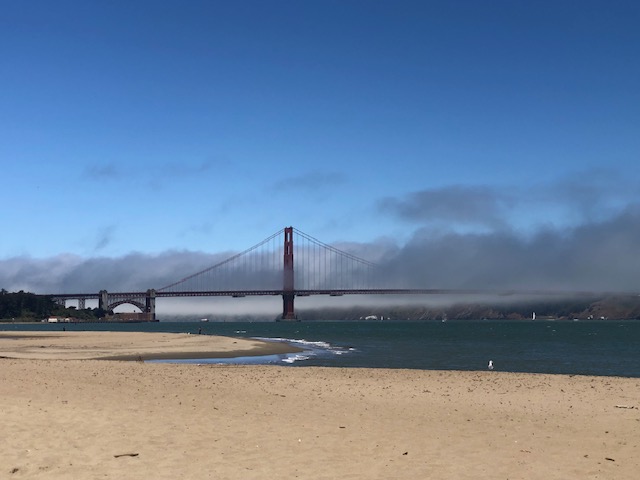I have found solace from a strange friend as I wade through the unknowns of parenting teenagers: George Herbert, an English poet and pastor from the 17th century.
Herbert’s poetry has always been a refuge to me, but especially of late. Herbert does not seek to hide his wrestling with God any more than he could hide his deep intimacy with God. He is honest in a way that I do not expect from someone separated by thousands of years from our cultural moment of authenticity and emotional honesty.
Things Sort Not to My Will
A few particular lines from his poem “The Cross” have both exposed and comforted me as I seek to keep submitting the future and well-being of my boys to the Lord:
“Besides, things sort not to my will,
Ev’n when my will doth study thy renown…”
Things sort not to my will. If I were to choose a statement to describe this season of attempting to parent and love my teens, it would likely be “Things sort not to my will.” Things rarely go according to my plans, which is much to my chagrin as one who loves to plan and order and prepare for all eventualities. When my will gets “thwarted,” I feel fearful, insecure, and exposed in my false sources of security. Even though I know cerebrally and theologically that my safety is to be found in Christ, I keep practically and habitually seeking to find it in the illusion of control (one thing that the teenage years quickly strip away).
I love the closing stanza of Herbert’s poem “The Cross” and have taken it up as my prayer when (daily) things don’t go according to plan.
“Ah my dear Father, ease my smart!
These contrarieties crush me: these cross actions
Do wind a rope about, and cut my heart:
And yet since these contradictions
Are properly a cross felt by thy Son,
With but four words, my words, Thy will be done.“

Sorted by Scarred Hands
When things, to borrow Herbert’s pithy term, “sort not my to will,” they are being sorted to a better will, one that I would choose if I saw what God sees. In this season, it is far easier for me to say “He sorts the stars” then to be believe he sorts my son’s varied schedules and sports, disappointments and desires.
He is doing a deep work in me as I learn to parent teenagers whose lives are not my own (and have never been, I might add). He is moving me from the false security of the illusion of control to the sure security of his sovereignty. It helps me to remember that his love-scarred hands are sorting every part of their story from the seemingly mundane to the monumental.
Sovereignly Sorted
Your sovereignty isn’t a string I pull
As if to bend You to do my will,
But a safety net when all comes apart,
A Father’s arms wrapped about my heart.
When days don’t sort as to my plans,
They are still guided by scarred hands.
Your wild, wide ways don’t fit in my frame,
Yet they work for our good and Your fame.
There are a thousand facts I can’t see,
So, I choose to entrust my will to thee.
I’ll sit amid the questions, straining to see
The story You write to draw us to thee.
Even when life is going swimmingly and seem to sort to our wills, circumstances are a fickle source of security. During the days and seasons that God’s sovereign plans seem to cross our wills, we are being led to deepening dependence on Christ. Even and especially when circumstances cross our wills, we are invited to grow and stretch our faith muscles. As the writer of Hebrews so concisely defined faith and distilled its basic tenants, “Now faith is the assurance of things hoped for, the conviction of things no seen” (Hebrews 11:1, ESV). I love the J.B. Phillips translation of verse 6: “And without faith it is impossible to please him. The man who approaches God must have faith in two things, first that God exists and secondly that God rewards those who search for him” (Hebrews 11:6, J.B. Phillips).
Faith that fights to follow when things sort not to our wills honors and pleases our good and trustworthy God. I pray that you are learning with me and my mentor, George Herbert, to echo Christ’s “Thy will be done.”










